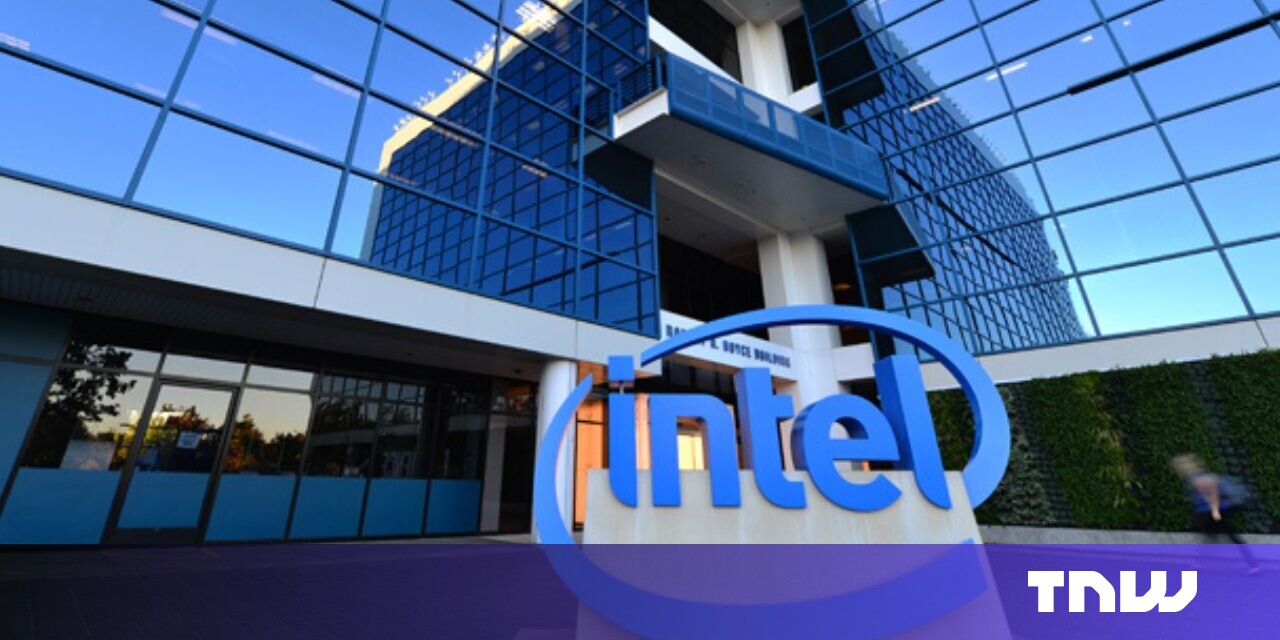#Intel wants another €5BN in subsidies to build chip plant in Germany

Table of Contents
“Intel wants another €5BN in subsidies to build chip plant in Germany”
But now, Intel is asking the German government for an additional €4 billion to 5 billion in subsidies to move forward with the project, Bloomberg reports, citing people familiar with the matter.
In March 2022, Intel announced an initial investment plan of over €33 billion (reaching €80 billion within the next decade) to strengthen the EU’s semiconductor industry across the entire value chain. This included the megasite in Germany, a new chip research centre in France, a back-end manufacturing facility in Italy, and the expansion of its existing chip factory in Ireland, lab in Poland, and supercomputing centre in Spain.
Construction of the much-anticipated semiconductor factory in Magdeburg was postponed at the end of last year due to economic hurdles, as a result of the high energy prices and inflation following Russia’s war on Ukraine, according to the report.

Intel had initially estimated that the project would cost €17 billion and had reached an agreement for €6.8 billion in government subsidies. Now, however, the company expects to spend €30 billion — thus requiring further government aid. It’s also open to tax breaks or energy subsidies.
Don’t miss TNW València in less than 3 weeks!
The heart of tech is coming to the heart of the Mediterranean – March 30 – 31
“Disruptions in the global economy have resulted in increased costs, from construction materials to energy,” Intel said in a statement. “We appreciate the constructive dialogue with the federal government to address the cost gap that exists with building in other locations and make this project globally competitive.”
According to Bloomberg, Intel is likely to delay its project in Italy as well, and is currently in discussions with the Italian government. On the plus side, the research centre in France and the facility’s expansion in Ireland seem to be on track.
EU Commission President Ursula von der Leyen has characterized Intel’s investment as “the first major achievement” under the new Chips Act. “It’s a considerable contribution to the European chips ecosystem that we’re building right now,” she commented after the tech giant’s announcement.
The continent’s weak position in the global semiconductor market was especially evident during the pandemic, demonstrating that chips are integral to the EU’s digital and green transitions as well as its geopolitical agenda. But although the bloc has managed to attract a number of investors, it seems that fully enabling their project still remains a challenge.
If you liked the article, do not forget to share it with your friends. Follow us on Google News too, click on the star and choose us from your favorites.
For forums sites go to Forum.BuradaBiliyorum.Com
If you want to read more like this article, you can visit our Technology category.



